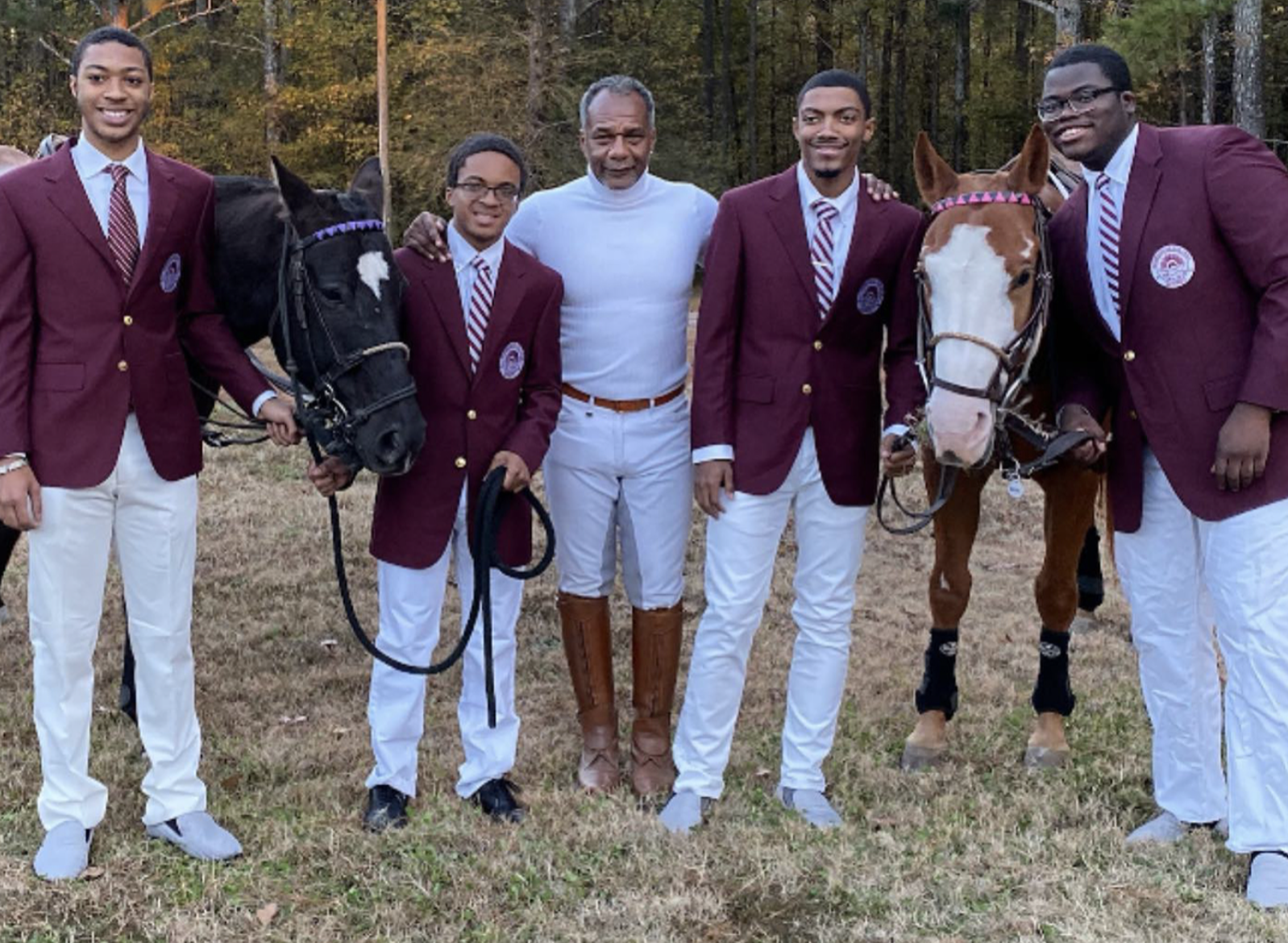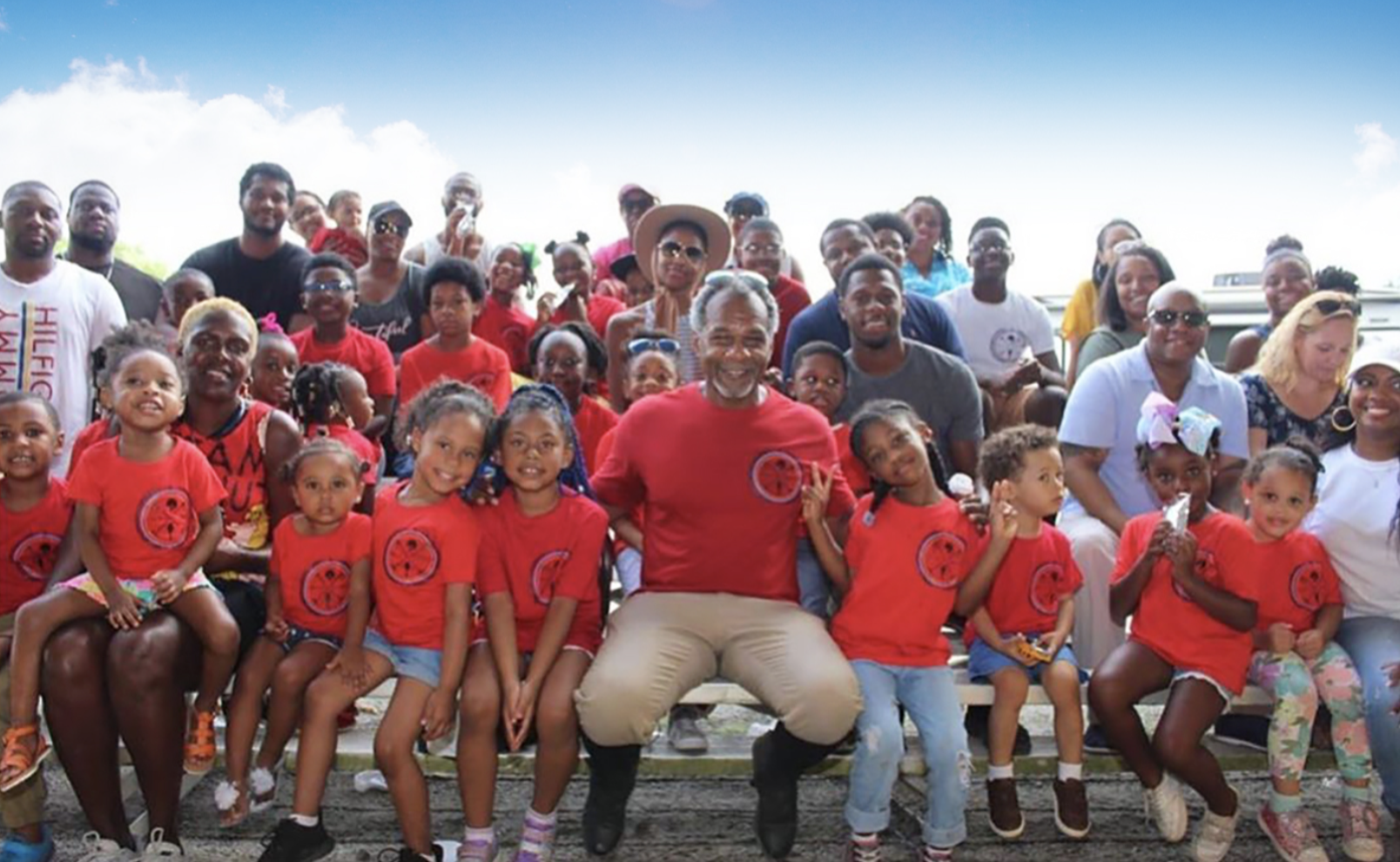
Ride to the Olympics Wants to Diversify Equestrian Sports
October 29, 2021
Established by US celebrity fashion designer Miguel Wilson, the nonprofit foundation, Ride to the Olympics (RTO) is empowering underrepresented youth through equestrian sports, fashion and leadership. Based in Atlanta, Georgia, it is committed to increasing awareness and exposure - and diversifying - equestrian sports (polo, show jumping and dressage) to break down barriers and provide opportunties to help youth reach their full potential.
Through activities such as riding lessons, horse farm visits, summer camps and trips to show jumping and polo events, RTO provides access to an area of sport that is often inaccessible to young people of color. "The change of scenery, seeing the concrete turn into grass ... for a lot kids in the inner cities, going out to the country and just being able to spend a few hours with horses is life-changing," Wilson told ABC News.
In 2019, RTO launched an HBCU (historically black colleges and universities) initiative to establish polo teams throughout all HBCUs, beginning with Atlanta's Morehouse College. The creation of the Morehouse Polo Club as a member of the United States Polo Association was seen as a historical achievement for both parties. Ultimately the foundation wants to foster the first Black Olympic polo players when the sport returns to the Olympic Games.
HBCUs date back to the 19th century, when they were founded to educate Black Americans (before the landmark Civil Rights Act in 1964), based on the belief that "every individual deserves access to a college or higher education." There are currently 107 HBCU's in the US, serving students of all races. Though they make up just 3% of America’s colleges and universities, they produce almost 20% of all African American graduates and 25% of African American graduates in the critical STEM fields.

Today, RTO is working with its first all-female collegiate team, including two women from Spelman and one from Savannah College of Art & Design. The three young women aspire to one day become the first African American women to play polo at a professional level.
“I’ve never ridden a horse outside of me starting this, let alone actually play polo, so I had to get over my fear of, like, thinking I would get kicked or that I will fall,” Gia Tejeda, one of the members of the all-women team, told ABC News. “I just feel as though if you can learn how to navigate a horse and really master a sport that you can also, in the same sense, conquer the world, because it takes a lot to ride a horse.”
Wilson explains that the lack of access and high cost is the main reason for the lack of African American equestrian athletes. The sport also requires large open spaces which are difficult to come by in most cities. He recently partnered with the Boys and Girls Foundation to normalize both horseback riding and polo within the Black community. The new partnership will create eight teams, aged 8 to 18 so that the young players are able to compete against those who look like them.
"When you think of polo, you don't think about Black kids playing the sport. So to be the pioneer in starting this is really amazing," Tejeda also stated.
Sources: ABC News, Black Enterprise